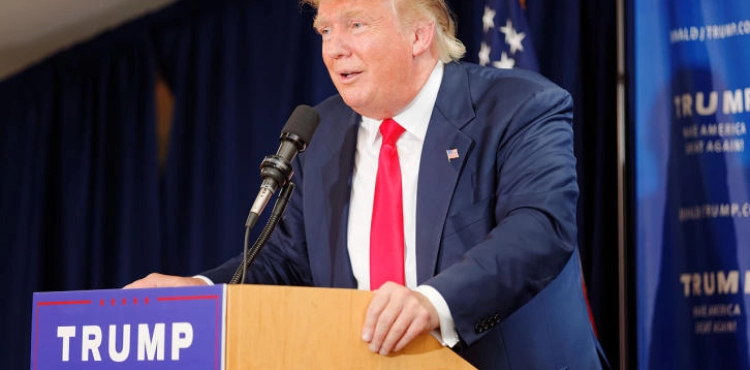Washington _ Agencies
US President Donald Trump is running a UN Security Council session in late September on Iran, which Washington accuses of destabilizing the Middle East.
The meeting, which will be held at the level of Heads of State and Government, is scheduled to take place on 26 September during the Annual General Assembly week of the United Nations, United States Ambassador to UN Nikki Haile said Tuesday.
In a press conference, Haile will also preside over two days before another Security Council meeting on drug trafficking in the world.
In response to a question about Iranian President Hassan Rouhani´s participation in the meeting scheduled for 26 September, Haile replied that this would be "his right."
Rouhani is scheduled to address the General Assembly on September 25 September following interventions by his US and French counterparts.
"It´s hard to find a place (in the world) where Iran is not in conflict," said Haile. Iran must understand that the world is watching its "destabilizing activities" in the world.
Since President Trump took office in early 2017, Tehran has become the arch enemy of Washington. The United States accuses Iran of seeking to acquire nuclear weapons and denounces its development of its ballistic capabilities and growing influence in the Middle East, especially in Syria and Yemen, which it considers to be negative.
"There is growing concern about Iran," said Haile, adding that "If you look at Iran´s increased support for terrorism, its ballistic experiments and arms sales to the Houthis in Yemen, they are all violations of UN Security Council resolutions."
"All are threats to the region that the international community must be concerned about," Haile said.
At a meeting Tuesday morning, Russia protested about the US program of action in the month of September September the meeting on Iran.
Moscow stressed that any meeting in the UN Security Council on Iran should be within the framework of the resolution, which in 2015 enshrined the international agreement signed with Tehran to ensure that its nuclear activities would be for civilian purposes only.
Russian Deputy ambassador to the United Nations Dmitry Polianski stressed that any meeting on Iran should include the repercussions of the withdrawal of the United States from this international agreement.
The withdrawal of the United States from the agreement by Trump had profoundly divided Washington and its European allies and struck a strike that could be a judge of the agreement with Tehran.
There are concerns that the US presidency of the United States Security Council in September may spark controversy over several issues with Washington´s 14 partners in the Security Council.
In addition to Iran, the first point of disagreement revolves around a US decision to hold Wednesday´s session on the bloody violence in Nicaragua. Russia, China and Bolivia denounced the resolution by considering that the situation in Nicaragua did not constitute a threat to international security.
They refused to join the consensus that usually prevailed at the beginning of the month in order to approve the agenda of the presidency of the UN Security Council.
Haile resolved the issue, saying that the unanimity falls within the framework of "practice " rather than "mandatory", confirming that the meeting was held at 16:00 GMT.
The US Presidency also invited the UN Security Council to Friday´s session on the situation in the Syrian province of Idlib amid fears of a large-scale attack by regime forces to regain control with the support of Russia, a permanent member of the UN Security Council.
Moscow is expected to oppose Washington and its European allies again during the meeting.
Haile also announced another meeting on the 10th of September on "Venezuela and Corruption," which is supposed to provoke the same opposition as those around Nicaragua.












